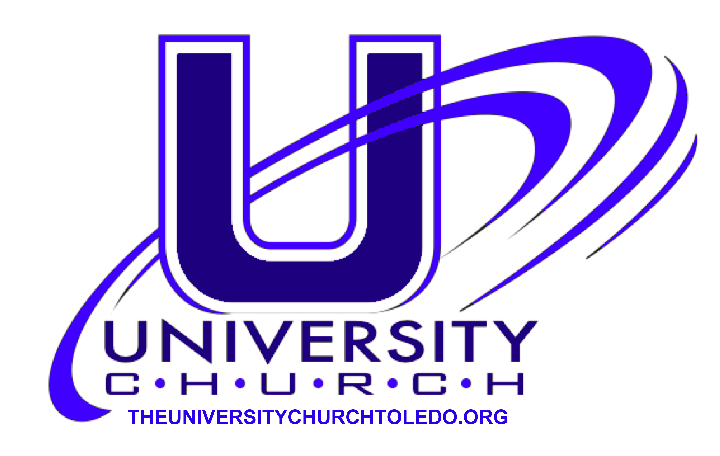.
Notes on Christmas – from a round-table discussion on “Holy Days” at The University of Toledo at which our pastor, Julian Davies, was a discussant.
.
• The second of the major Holy Days in mainstream Christianity (after Easter).
.
• Etymology: Christmas – compound of Christ (from Χριστός – the translation of the Hebrew מָשִׁיחַ – Messiah; anointed one) and Mass (from Latin missa, the celebration of the Eucharist).
.
• Abbreviation: Xmas – based on the initial letter, chi (Χ) of Χριστός – c.f Χρ as an abbreviation for Χριστός.
.
• Celebration: Birth of Jesus as described primarily in the Gospels of Matthew and Luke.
.
• Date: the actual date of the birth of Jesus is uncertain and the calendar change from the Julian calendar to the Gregorian calendar additionally confused matters. Some see the date of the celebration as a re-interpretation of the celebration of the Roman Winter Solstice by the early Christian community. And so Christmas Day wound up on December 25th in most traditions.
.
• Role in the liturgical year: The year begins with the Season of Advent (from the Latin adventus – coming) four Sundays before Christmas and ends on Christmas Eve. The Christmas season immediately follows Advent. The traditional Twelve Days of Christmas begin on the evening of December 24 and continue until the feast of Epiphany (January 6). In some traditions the Christmas season continues until the celebration of the Baptism of Christ (on the Sunday after 6 January).
.
• Christmas gifts: Origins in Epiphany (ἐπιφάνεια, epiphaneia, – manifestation) that celebrates the revelation of God as incarnate in Jesus Christ. Western Christians commemorate principally (but not solely) the visitation of the Biblical Magi to the young Jesus (and thus Jesus’ physical manifestation to the Gentiles). The magi – described in Matthew’s Gospel – brought three gifts (gold, frankincense and myrrh) and so gift giving became associated with Christmas.
.
• Why does Christmas matter: There are almost as many responses to this question as there are individual Christians. One way of thinking about Christmas is that it celebrates the Word/deed of God (dabar in Hebrew; logos in Greek) being made real as a person in the world. This then calls Christians to an incarnational understanding of how to live and act. Many see the church as the Body of Christ, with Christ as the head of the body, called to do Christ’s work in the world. Christmas celebrates all of that!
.
.
